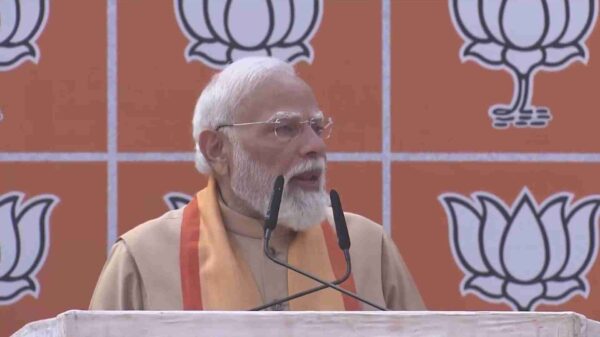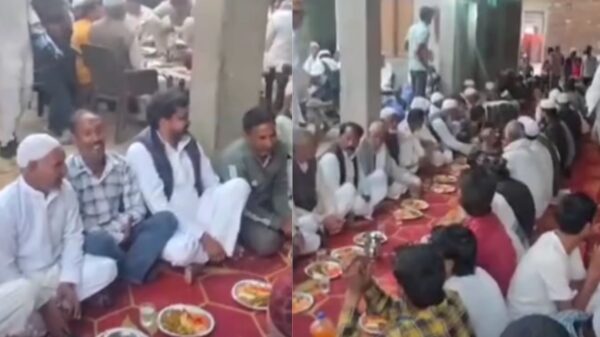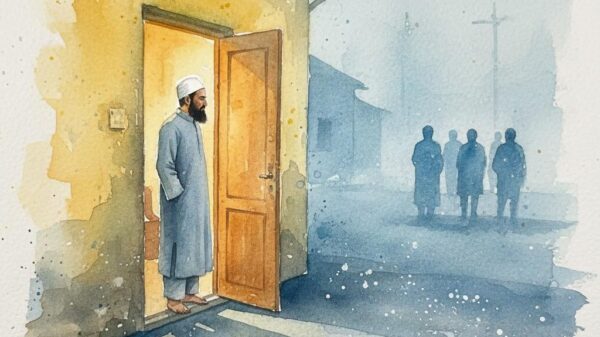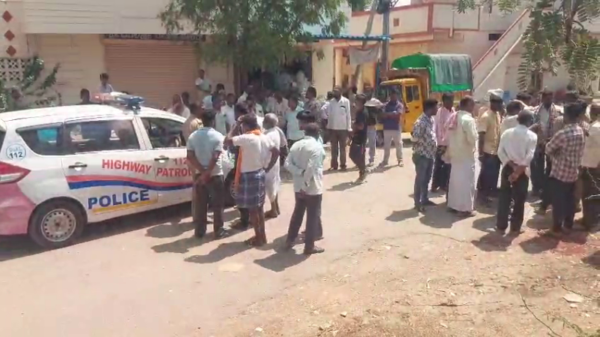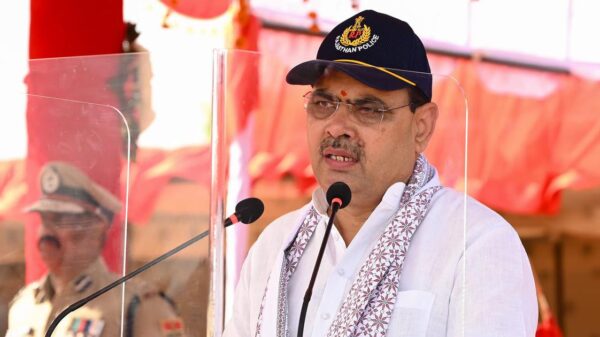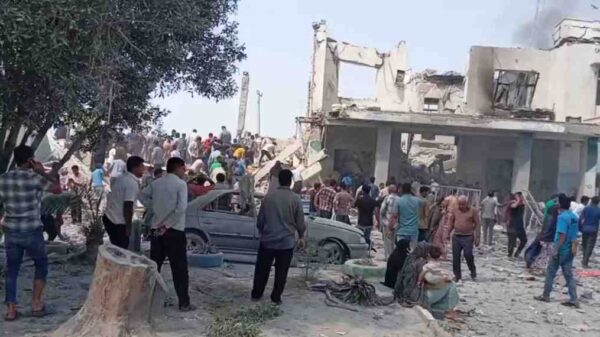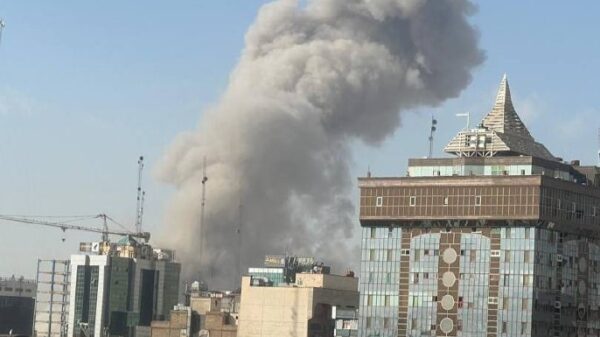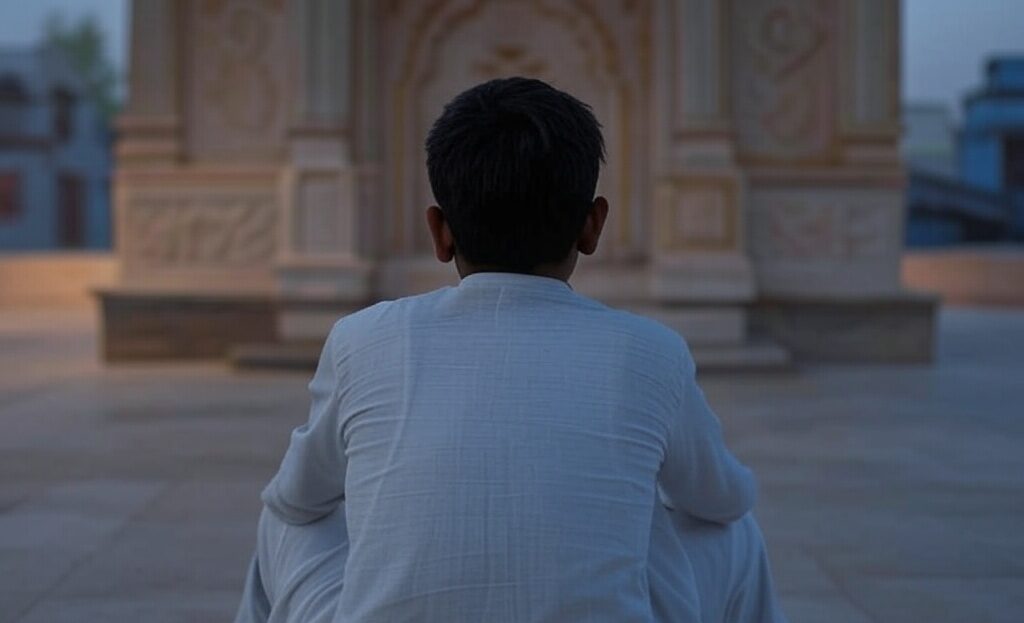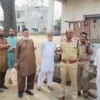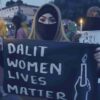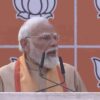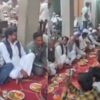On Monday, April 14 — the birth anniversary of Dr B.R. Ambedkar — a Dalit groom offered prayers at a Lord Ram temple in Madhya Pradesh’s Indore district under tight police security. The temple, located in Sanghvi village near Mhow (Ambedkar’s birthplace), became the center of a brief controversy when a dispute broke out between two groups during the groom’s wedding procession.
According to eyewitnesses quoted by PTI, the groom arrived with his baraat (wedding procession) and offered prayers at the temple accompanied by family members. The incident took place amid the backdrop of Ambedkar Jayanti, a significant day for Dalits across India.
While some social media posts claimed the groom was prevented from entering the temple because he belonged to a Scheduled Caste, police denied those allegations.
“There is a rumour that a Dalit groom was stopped from entering the temple in Sanghvi village. This is misleading,” said the police in a statement. “The groom and his family prayed at the temple peacefully, and the procession moved on without disturbance.”
Police clarified that the disagreement was not over entry into the temple itself but rather over entry into the temple’s sanctum sanctorum — the innermost part of the shrine traditionally reserved only for priests. Both parties were counselled, and the situation was brought under control swiftly.
Betma police station in-charge Meena Karnawat told PTI, “No one stopped the groom from entering the temple. The baraat party wanted to enter the sanctum sanctorum, but according to local traditions, only priests are allowed there. Even regular devotees don’t go inside.”
The groom’s decision to offer prayers at the temple near Dr Ambedkar’s birthplace held symbolic value on Ambedkar Jayanti — a day that celebrates the fight against caste discrimination and the birth of India’s Constitution maker. The presence of heavy police security highlights how caste dynamics still necessitate state intervention, even during personal celebrations like weddings.






